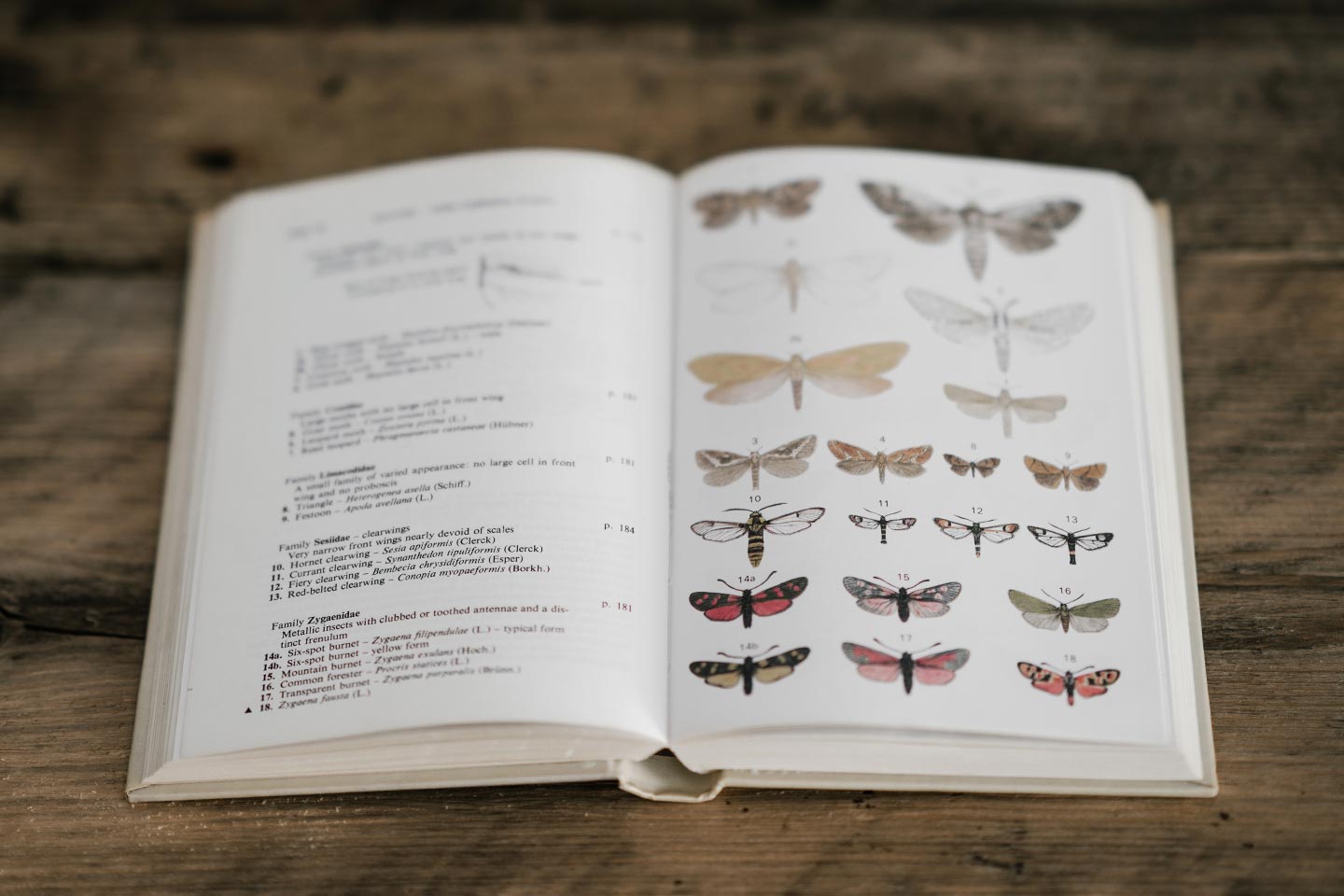Typology
Carl Jung’s name has been attributed to a great number of topics in the field of analytical psychology: archetypes, synchronicity, the symbolic life, to name just a few. However, one area on which he left his mark yet tends to receive less attention, is in psychological typology.
Put simply, psychological typologies are classifications used by psychologists to describe the distinctions between people. It assumes a framework in which one person’s type can be compared and contrasted with another.
Jung’s typology is based on four functions of consciousness: feeling, thinking, intuition and sensation. Feeling and thinking form a polarity, much in the same way as intuition and sensation. According to Jung, all people share these four basic functions, while differences between individuals stem from the degree of influence exerted by each function.
The Jungian model of typology was adopted following an extensive historical review of the type question in areas such as literature, mythology, aesthetics and philosophy. While pre-Jung classifications were centred on observations of temperamental or physiological behaviour patterns, Jung’s model places emphasis on the movement of energy and the way in which individuals habitually or preferentially orients themselves in the world.
Feeling type
Thinking type
Intuitive type
Sensing type

In addition to the four functions, Jung also differentiated between two personality attitudes, known as introversion and extraversion, thus producing eight classifications in total. He defined introversion as a movement of energy towards the inner world (or inner reality) and extroversion as a movement of energy towards the outer world (other people and things). Whether an individual can be labelled an introvert or an extrovert only becomes apparent in association with one of the four functions.
In line with Jung’s thinking, the ideal is to have conscious access to the function or functions appropriate to particular circumstances. For example, if the loved one of a friend passes away, the feeling function becomes the most appropriate for the situation in order to offer the right support and compassion. On the other hand, if a new job position is offered and you need to decide whether to take it or not, the thinking function is more appropriate to assist in weighing up the pros and cons.
To find out more call 0333 339 2430 or get in touch by email.
Contact Us by email

